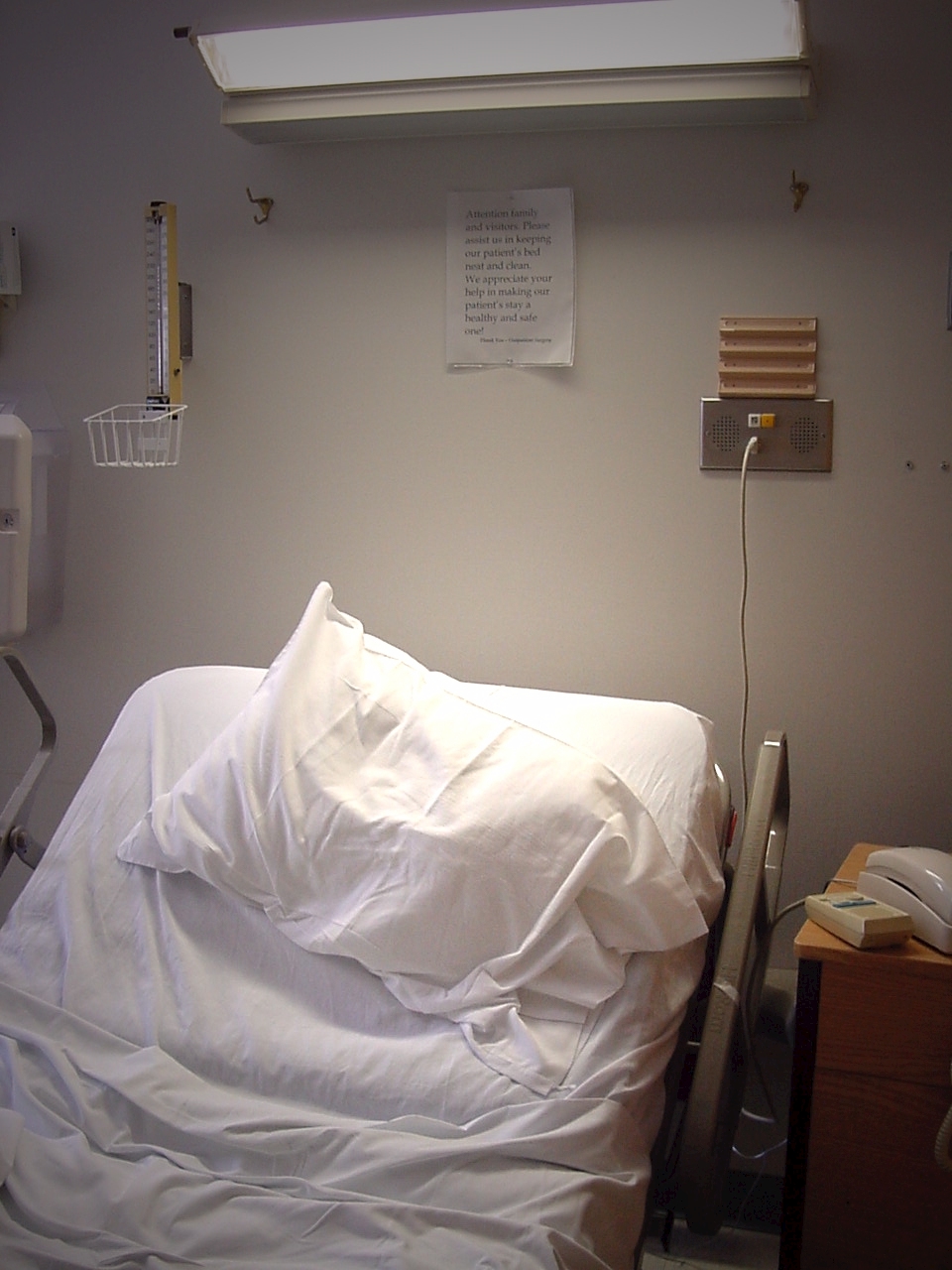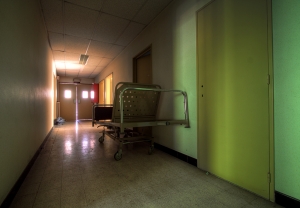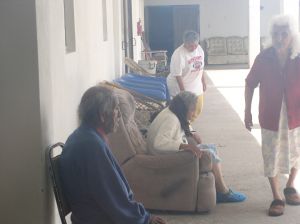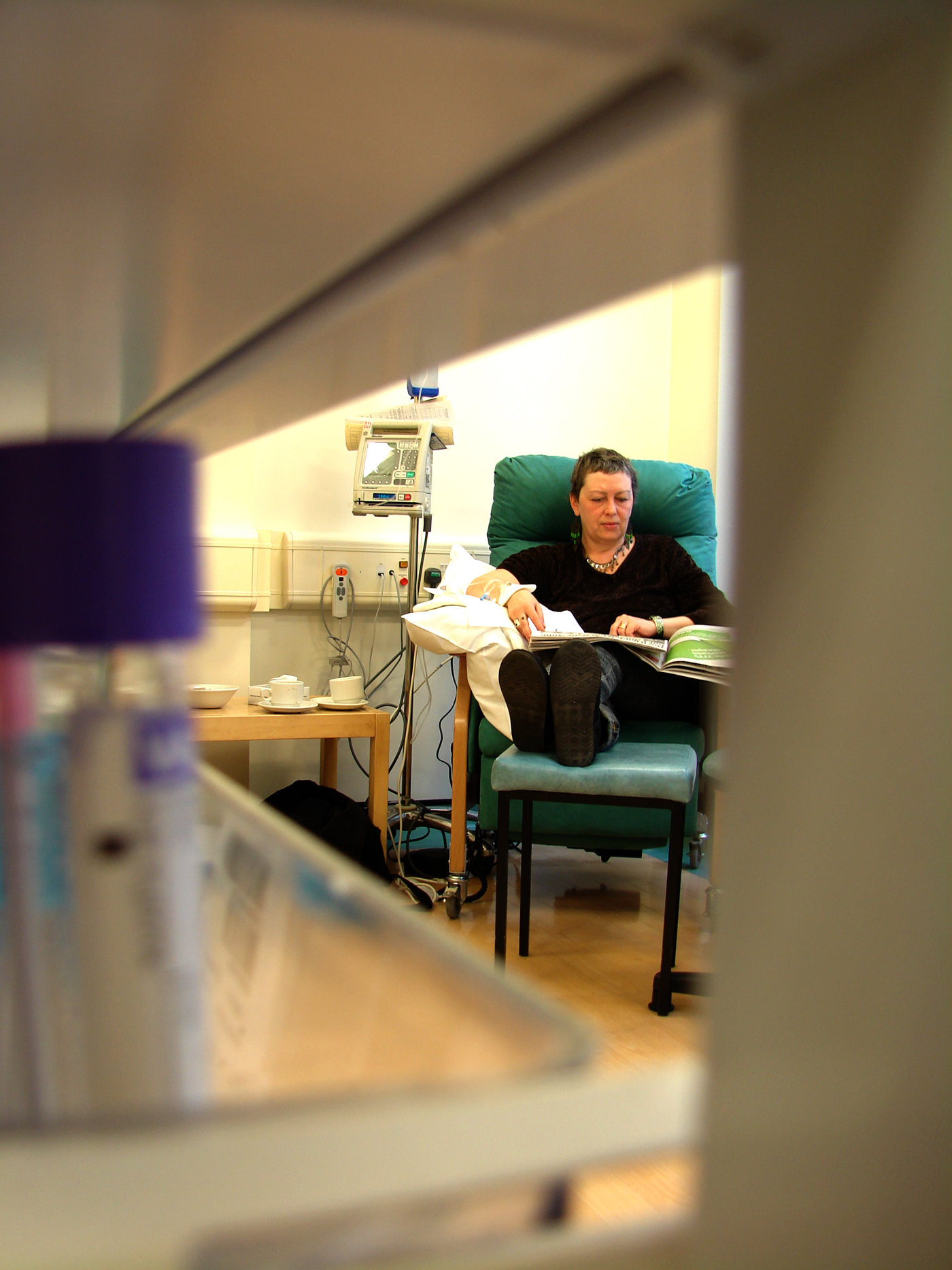Nurses' Role in the Future of Health Care: New York Times
One group of providers seem to be conspicuously missing - the nurses. New York Times contributor Pauline W. Chen, M.D. looks at the challenges in developing a 'culture of care'.
At the start of my surgical training, I helped to care for a middle-aged patient who was struggling to recuperate from a major operation on his aorta, the body’s central artery, and the blood vessels to his legs. As the days wore on, the surgeon in charge began consulting various experts until the once spare patient file became weighted down with the notes and suggestions of a whole roster of specialists.
The patient eventually recovered, thanks to the efforts of many. Nonetheless, one afternoon while walking around the wards with the senior surgeon, I couldn’t help but make a crack about the sheer heft of the patient’s chart; it was, after all, my job to carry it around while she visited with patients.







